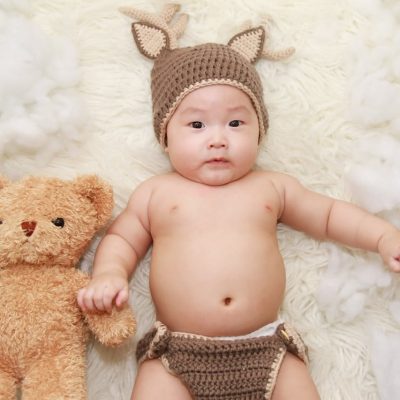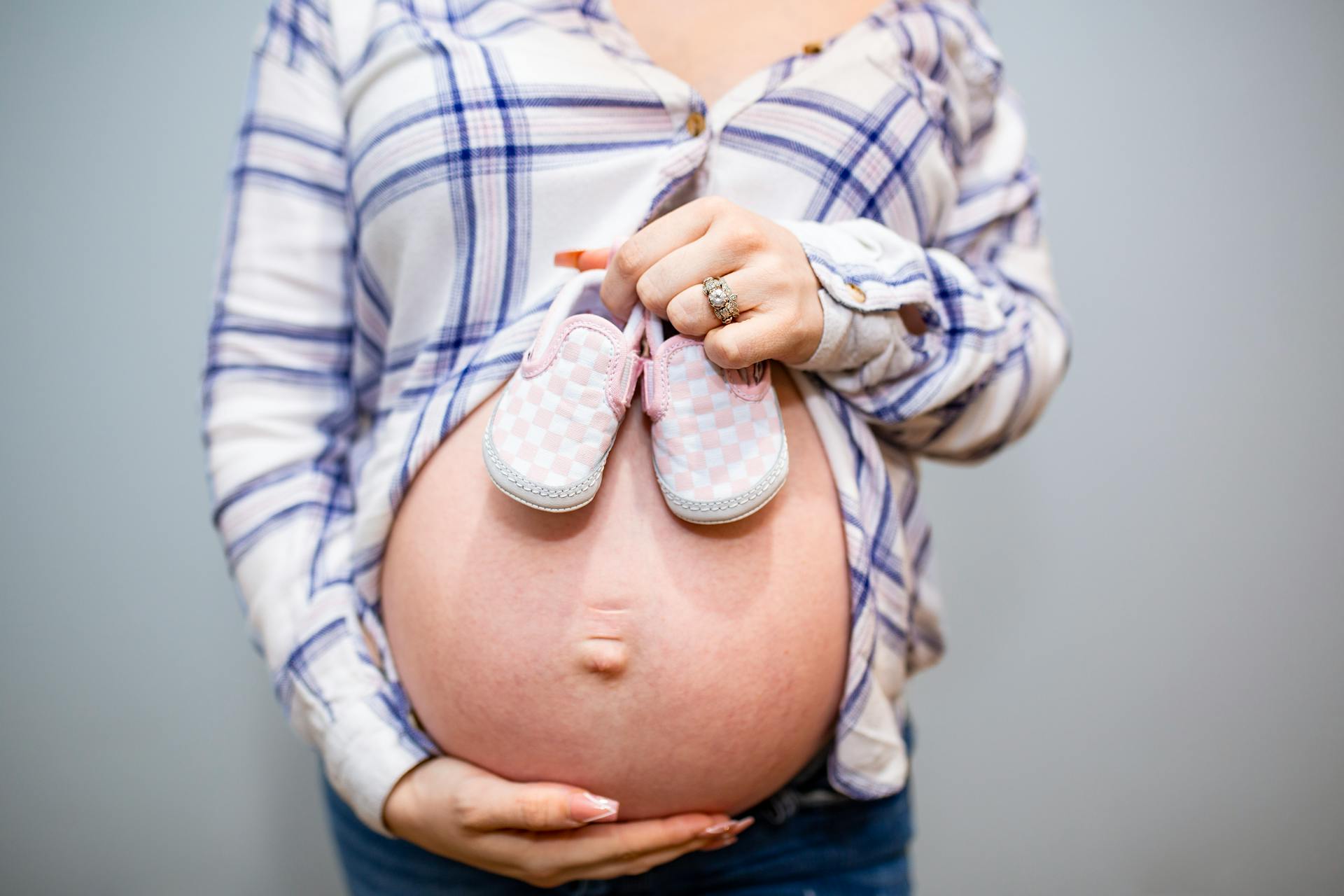Crying is a natural part of infant behavior, often signaling needs like hunger, discomfort, or the desire for attention. However, many parents find themselves perplexed when their babies cry during sleep. This article explores the reasons behind sleep crying, what parents can do, and when to seek professional advice.
Understanding Infant Sleep Patterns
Before delving into the reasons babies cry in their sleep, it’s essential to understand how infants sleep. Newborns typically sleep for 14 to 17 hours a day, but their sleep cycles are quite different from those of adults.
- Sleep Cycles: Infants experience rapid eye movement (REM) sleep more frequently than adults, accounting for about 50% of their total sleep time. During REM sleep, they may twitch, move, or make noises, which can include crying.
- Developmental Stages: As babies grow, their sleep patterns evolve. Newborns have shorter sleep cycles that gradually lengthen as they approach toddlerhood. This means that parents might notice more crying during transitions between sleep stages.
Common Reasons Why Your Babies Cry During Sleep
Crying during sleep can stem from various causes, many of which are perfectly normal:
1. Dreaming
While we cannot say for certain what babies dream about, REM sleep is associated with dreaming in older children and adults. It’s possible that infants also experience dreams or dream-like states, which might evoke cries or other vocalizations.
2. Nightmares and Night Terrors
Although nightmares and night terrors are more common in older children, they can occasionally occur in infants. Night terrors usually happen during deep sleep, and infants may scream or cry out but remain asleep, often with little recollection afterward.
3. Discomfort
Babies may cry if they are uncomfortable due to:
- Diaper rash: An irritated bottom can lead to distress.
- Temperature: Babies can become too hot or cold, prompting cries as a way to express discomfort.
- Clothing: Tags, tight clothing, or rough fabrics can irritate a baby’s sensitive skin.
4. Hunger
Hunger is one of the most common reasons infants cry. If a baby has recently woken from a nap but hasn’t fed for a while, they might cry during sleep due to hunger pangs.
5. Overstimulation
Babies who have had a particularly stimulating day may experience sensory overload. This can lead to crying during sleep as they process the day’s events. This is often seen in infants who have been exposed to loud noises, bright lights, or lots of people.
6. Teething
Teething can cause significant discomfort and may disrupt a baby’s sleep patterns. Babies often cry in their sleep during this period, which can start as early as six months.
7. Colic and Gastrointestinal Issues
Colic and other gastrointestinal discomforts, such as gas or reflux, can lead to crying. These issues often peak around three months and can affect sleep.
How can parents handle babies crying during sleep?
If your baby cries during sleep, there are several strategies you can employ to help soothe them and ensure they get the rest they need:
1. Establish a Routine
Creating a bedtime routine can signal to your baby that it’s time to wind down. This may include:
- A warm bath
- Reading a story
- Gentle rocking or singing
2. Ensure Comfort
Check that your baby is comfortable before bedtime. This includes:
- Ensuring a clean diaper
- Adjusting clothing to suit the temperature
- Using soft bedding
3. Monitor Feeding Times
Keep track of your baby’s feeding schedule. If you suspect hunger is the issue, consider offering a feeding before bedtime, even if it means waking them up slightly.
4. Create a Calm Environment
A calm sleeping environment can help prevent overstimulation. Consider:
- Using blackout curtains to block light
- Playing white noise or soft lullabies
- Keeping the room at a comfortable temperature
5. Respond Appropriately
If your baby cries in their sleep, give them a moment before intervening. They may self-soothe and return to sleep on their own. If the crying persists or escalates, gently check on them to see if they need comfort.
When to Seek Professional Help
While crying during sleep is often normal, there are circumstances where it may be beneficial to consult a pediatrician:
1. Persistent Crying
If your baby consistently cries in their sleep, especially if it’s accompanied by other signs of distress (such as difficulty breathing or fever), consult a healthcare provider.
2. Changes in Sleep Patterns
If your baby’s sleep habits change dramatically or they seem excessively irritable or fatigued, this could indicate an underlying issue.
3. Physical Symptoms
Signs of physical discomfort, such as persistent crying during sleep, unusual fussiness, or signs of illness, warrant a visit to the doctor.
4. Family History of Sleep Disorders
If there is a history of sleep disorders in the family, it might be worth discussing with your pediatrician.
Conclusion
In conclusion, it is generally normal for babies to cry in their sleep. While it can be concerning for parents, understanding the underlying reasons can provide reassurance. By creating a comfortable sleeping environment and establishing a bedtime routine, parents can help minimize sleep disruptions.
Every baby is unique, and as they grow, their sleep patterns will change. Keeping a close eye on your baby’s behavior, and knowing when to seek help, will ensure they have a safe and comforting sleep experience.















